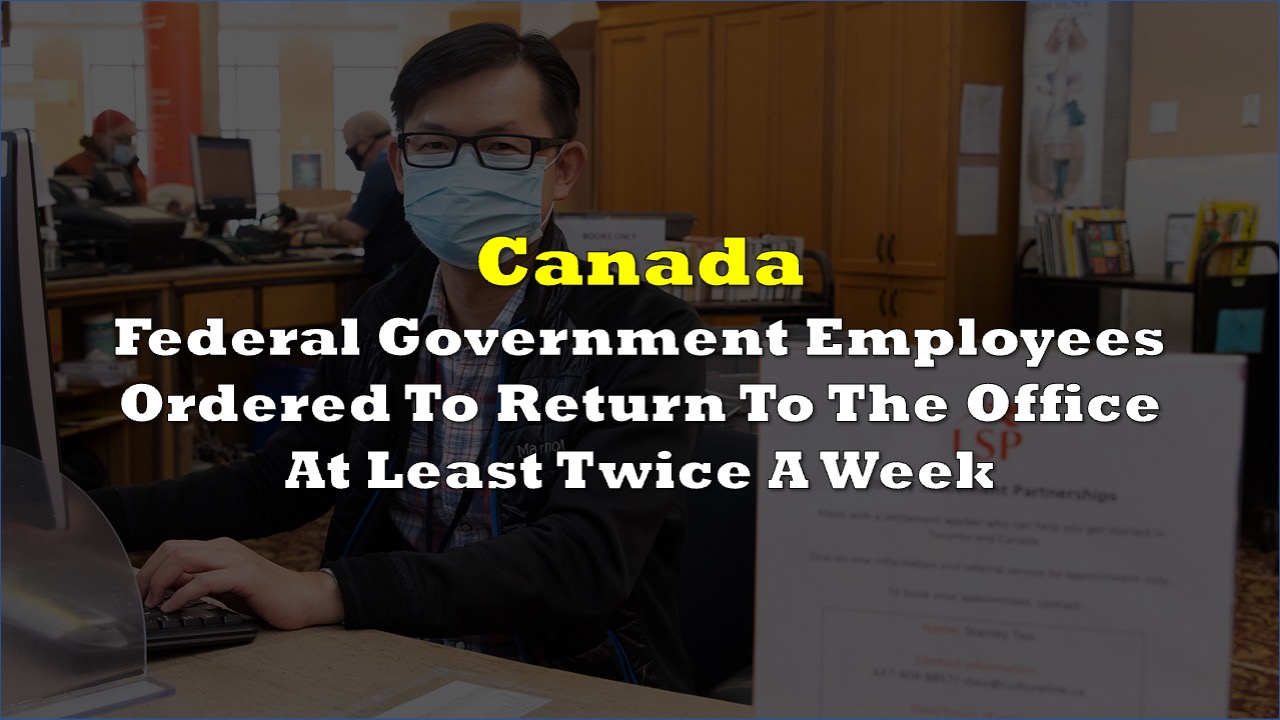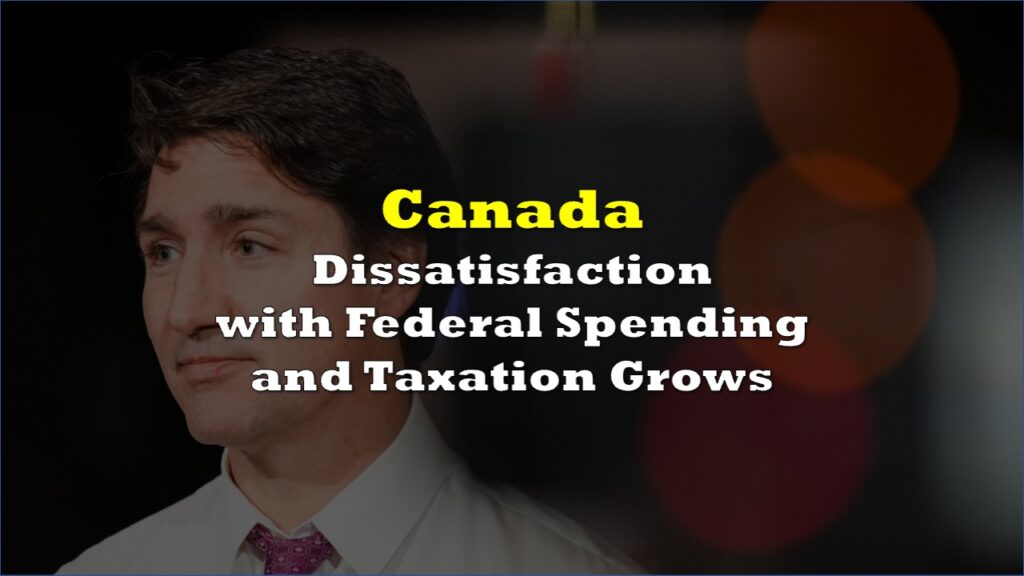By March 31, federal public servants in Canada will be required to report to the office two to three days per week, according to a directive from the head of the Treasury Board Secretariat, Graham Flack, and the government’s chief human resources officer, Christine Donoghue.
The directive applies to the core public administration and is “strongly recommended” for other government agencies such as the Canada Revenue Agency. It requires departments to implement a minimum requirement of two to three days per week in the workplace or 40 to 60% of an employee’s regular schedule.
But not all employees will be required to follow the new rule. There will be exemptions for those hired to work from home prior to the COVID-19 pandemic, Indigenous public servants working in their communities, and employees working over 125 kilometers from their designated worksite with approval from their assistant deputy minister.
The mandate represents a significant change from the government’s previous “no one-size-fits-all approach” to hybrid working, which had been promoted by government officials including President of the Treasury Board Mona Fortier as recently as August.
“In-person work better supports collaboration, team spirit, innovation and a culture of belonging,” Fortier said at the press conference, adding that it would create “fairness and equity” among departments with differing hybrid or work-from-home policies.
However, she was unable to provide any data or scientific basis for the directive. Instead, she cited “conversations” between department heads and the experimentation of various hybrid work policies by departments over the past six months.
Fortier also did not specify how much of the savings previously associated with work-from-home arrangements would be lost due to the mandatory return to the office.
The announcement has been met with opposition from the heads of the largest federal public service unions, who have vowed to consider “all options” in opposing the new mandate.
Chris Aylward, the national president of the Public Service Alliance of Canada, which represents 165,000 public servants, stated that the mandatory return to the office constitutes an “egregious violation of collective bargaining rights” given ongoing collective agreement negotiations.
A survey conducted last week found that 90% of PSAC members working from home wanted to continue doing so, with 83% prepared to take “job action” such as a “walkout” or a “work-to-rule.”
Jennifer Carr, the president of the Professional Institute of the Public Service of Canada, which represents around 70,000 scientists and professionals working for the government, called the mandate “punitive” and “poorly thought out,” particularly due to the current strain on hospitals because of high levels of COVID-19, influenza, and respiratory syncytial virus infections.
“They are paid for the work that they produce, not where they produce it,” Carr said. “To meet this mandate, they will have public service come into [Government of Canada] work hubs or work locations and sit on computers and do exactly the same type of work.”
The mandate has received support from Ottawa businesses and Mayor Mark Sutcliffe, who praised Fortier’s move as a “step in the right direction” and a boost for downtown businesses.
Please see my statement following the federal government's announcement of the hybrid working model.
— Mark Sutcliffe (@_MarkSutcliffe) December 15, 2022
—-
Veuillez voire ma déclaration à la suite de l'annonce par le gouvernement fédéral du modèle de travail hybride. pic.twitter.com/Ub0FXd9hz2
Fortier stated that workers would be encouraged to follow public health guidelines such as wearing masks and maintaining social distancing.
Information for this briefing was found via CBC News, and the sources mentioned. The author has no securities or affiliations related to this organization. Not a recommendation to buy or sell. Always do additional research and consult a professional before purchasing a security. The author holds no licenses.









